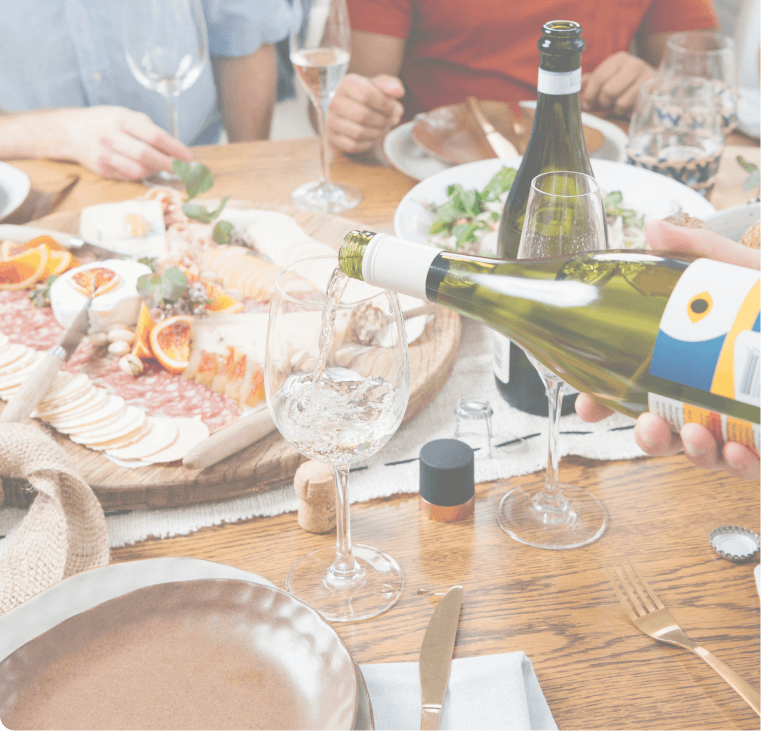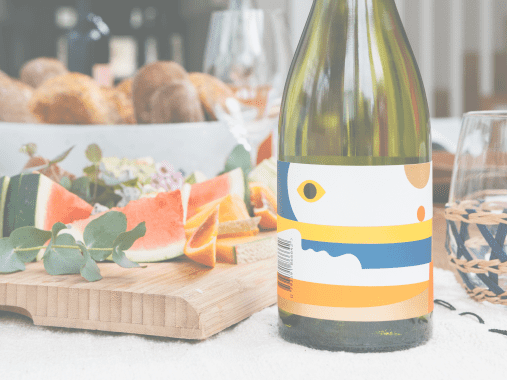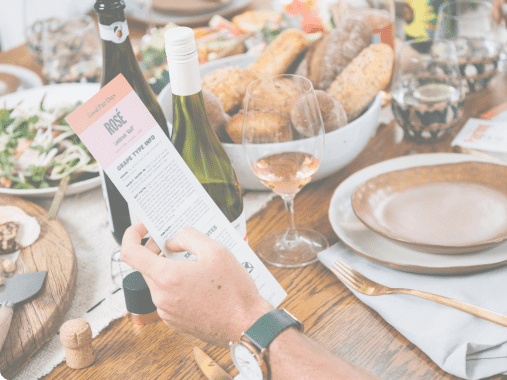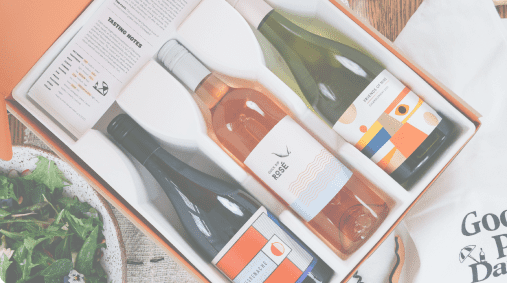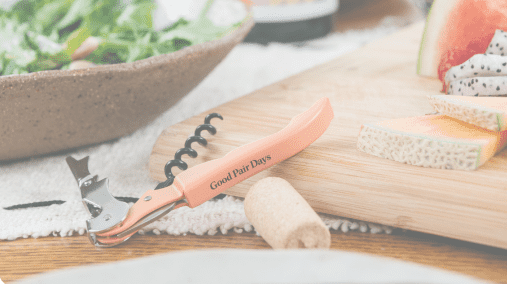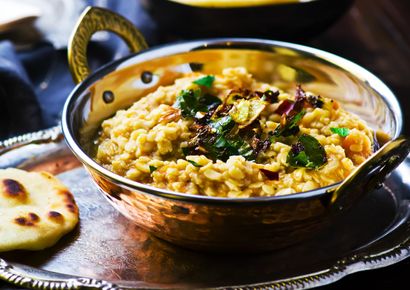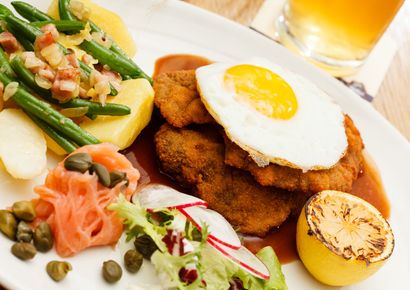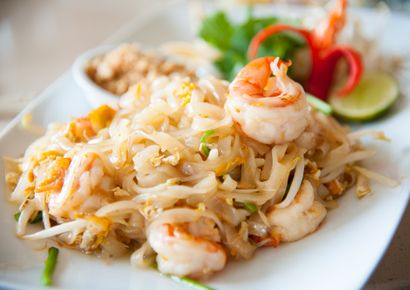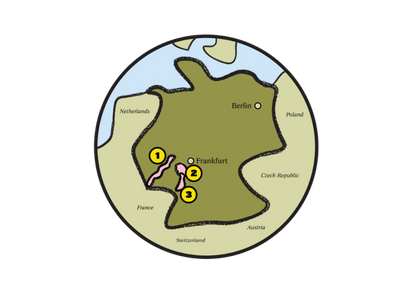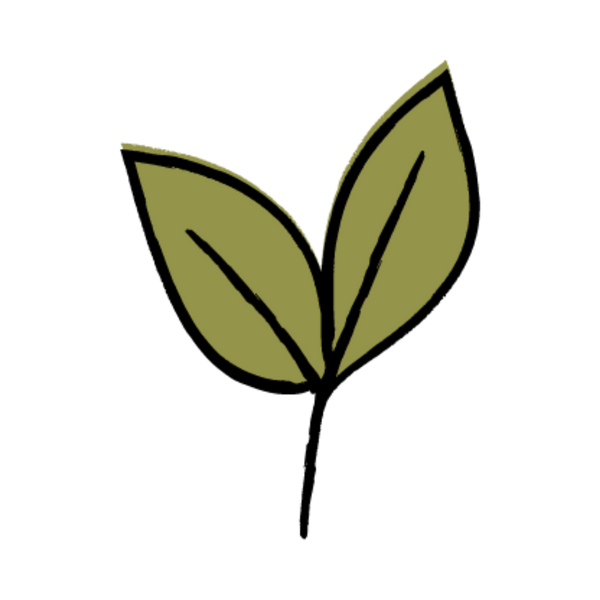

You're on our UK site. Are you sure you want to continue?

Philip Lardot 'Kontakt Weiss' White Blend 2022
Primary flavours

Apple

Citrus

Stone Fruit

Apple Cider

Jelly Babies

Mineral

Smoke
Details
This is a blend of 50% Riesling and 50% Müller Thurgau - both from single vineyard sites. Aged for around 15 months in old barrels and with a touch of skin contact, expect a stunning freshness and purity to this wine with Jelly Baby lime character, cider and a lick of chalky grip. Elegant and poised with volume in the mid-palate and layers of fruit.
Philip Lardot is a young winemaker who is beginning to make waves in Germany's natural winemaking scene. The Finnish-born winemaker grew up in Amsterdam. Lardot spent the 2015 and 2016 vintages working apprenticeships across France, before settling in Germany to pave his own way in the wine world. Philip's wines are definitely pushing the needle in this part of the world. Everything is naturally fermented and expresses its unique terroir. these are mineral wines that are consistently layered with texture and character. Their textural element is thanks in large part to the fact that Lardot does not block malolactic fermentation - a process that softens the acidity in a wine - which is at odds with many of his counterparts in the region. Back that philosophy up with extended lees (yeast) ageing on his wines, and you have yourself a portfolio of wine that is truly unique for this part of the world. Lardot's wines are a recent discovery for us here at Good Pair Days and as soon as we tasted them, we were smitten!
Philip Lardot is a young winemaker who is beginning to make waves in Germany's natural winemaking scene. The Finnish-born winemaker grew up in Amsterdam. Lardot spent the 2015 and 2016 vintages working apprenticeships across France, before settling in Germany to pave his own way in the wine world. Philip's wines are definitely pushing the needle in this part of the world. Everything is naturally fermented and expresses its unique terroir. these are mineral wines that are consistently layered with texture and character. Their textural element is thanks in large part to the fact that Lardot does not block malolactic fermentation - a process that softens the acidity in a wine - which is at odds with many of his counterparts in the region. Back that philosophy up with extended lees (yeast) ageing on his wines, and you have yourself a portfolio of wine that is truly unique for this part of the world. Lardot's wines are a recent discovery for us here at Good Pair Days and as soon as we tasted them, we were smitten!
Read more
Taste Profile
This wine’s tasting notes.
Sweetness

lowmediumhigh
Body

lightmediumfull
Fruitiness

nonesomelots
Tannins

lowmediumhigh
Acidity

lowmediumhigh
Oak

nonesomelots
Alcohol

low
(under 12%)medium
(12-14%)high
(14%+)
Taste Summary
This wine’s tasting notes are leaning towards medium bodied, low sweetness, with high acidity, very fruity, medium tannins, low alcohol and no oak.
Specs
Region
Mosel
country
Germany
Grape type
White Blend
Wine Maker
Philip Lardot
Alcohol
10.5%
Vintage
2022
Cellar period
1-3 years
Closure
Cork (Natural)
Production method
Vegan
Temperature
Chilled 8°C-10°C
collection
Pairing guide
Featuring a winning blend of white varieties, this beautiful white blend is a stunningly balanced wine with acres of food pairing potential. We reckon it’s a top match for hearty fare consisting of chicken thighs, cuts of slow-cooked pork and specialities like Wiener schnitzel, potato salad and pickled cabbage, but it’s also going to be excellent with aromatic southeast Asian cuisine, Japanese curries and richer seafood and fish like cod, halibut and monkfish. Delicious!
Read more
Food

Tuna

White Meat

Anchovy

Meaty Fish
Tastes

Fatty

Unique
Moods

Contemplative
Seasons

Spring
Recipe Matches
Wine region

Mosel, Germany
Mosel is arguably Germany's most famous wine region and is home to some of the best white wines on the talent made from the mighty Riesling grape variety. Here you will find some of the steepest vineyards in the world planted on the banks of the Mosel river, which plays a crucial role in ripening the grapes, acting as a mirror to reflect sunlight off the water back onto the steep, slate vineyards, warming up the soils and ripening the berries. Riesling is produced in a range of styles and sweetnesses here, from bone dry, to lusciously sweet. If you are in the market for world-class Riesling, then look no further than this stunning region.
Read more

